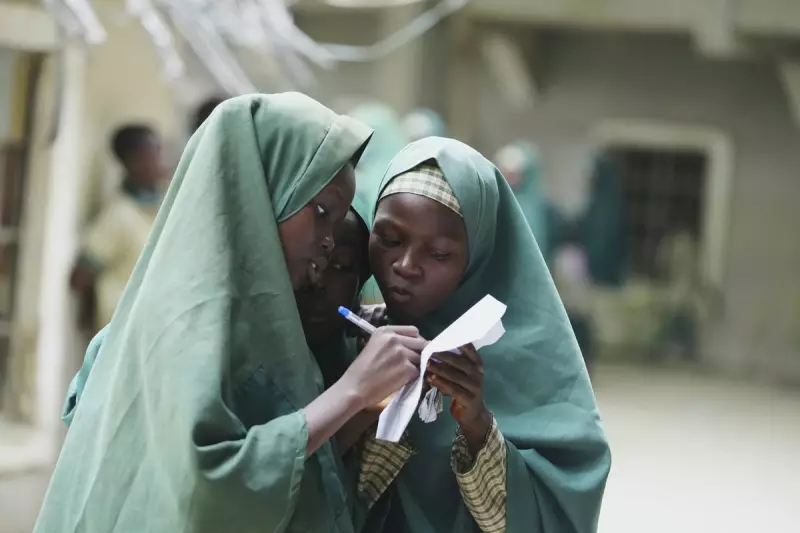
A deadly suicide bombing ripped through a bustling market in northeast Nigeria on Saturday, killing at least 18 people and wounding dozens more in a brutal attack officials have attributed to Boko Haram militants.
The assault targeted the Tashan Marusa market on the outskirts of Maiduguri, the capital of Borno state and the very epicentre of the group's violent insurgency that began in 2009. The attack represents a grim reminder of the enduring threat posed by the jihadist faction, despite years of military campaigns aimed at its eradication.
A Community Reeling from Loss
Emergency services confirmed a significant casualty toll. Barkindo Saidu, the director-general of the Borno State Emergency Management Agency, reported that 18 victims died at the scene, while 19 others sustained serious injuries and were rushed to a local hospital. The bustling Saturday market, a hub of community trade, was transformed into a scene of chaos and devastation.
Local witnesses described the horrifying moment of the explosion. Abubakar Usman, a resident, recounted hearing a "deafening sound" and seeing bodies scattered amidst the wreckage of destroyed shops and market stalls. The personal toll was immediate and severe, with many families awaiting news of their loved ones.
The Lingering Shadow of Boko Haram
While no group has immediately claimed responsibility, the signature style of the attack points directly to Boko Haram. The region has witnessed a disturbing spike in violence involving suicide bombings in recent months, a tactic long favoured by the militants.
The bombing is particularly symbolic due to its location. Maiduguri is the birthplace of Boko Haram, and the city has frequently been a target, even after the Nigerian government announced a technical defeat of the group. The attack challenges official narratives of victory and highlights the persistent, potent threat of Islamic extremist violence in the region.
The insurgency, which later splintered into factions including one affiliated with the Islamic State group (ISIS), has resulted in the deaths of over 35,000 people and displaced more than two million, creating one of the world's most severe humanitarian crises.
A Grim Anniversary and Ongoing Fear
This attack evokes painful memories for the local population, coming just weeks after the tenth anniversary of the infamous Chibok schoolgirls' abduction in 2014, where Boko Haram militants kidnapped 276 girls. That event sparked the global #BringBackOurGirls campaign.
The recent violence underscores a worrying trend: despite being pushed back from controlling vast territories, Boko Haram and its offshoots remain capable of launching deadly, asymmetric attacks on soft targets. This has left communities in northeast Nigeria living under a constant shadow of fear, with the sound of an explosion bringing back traumatic memories of a conflict that has yet to truly end.





